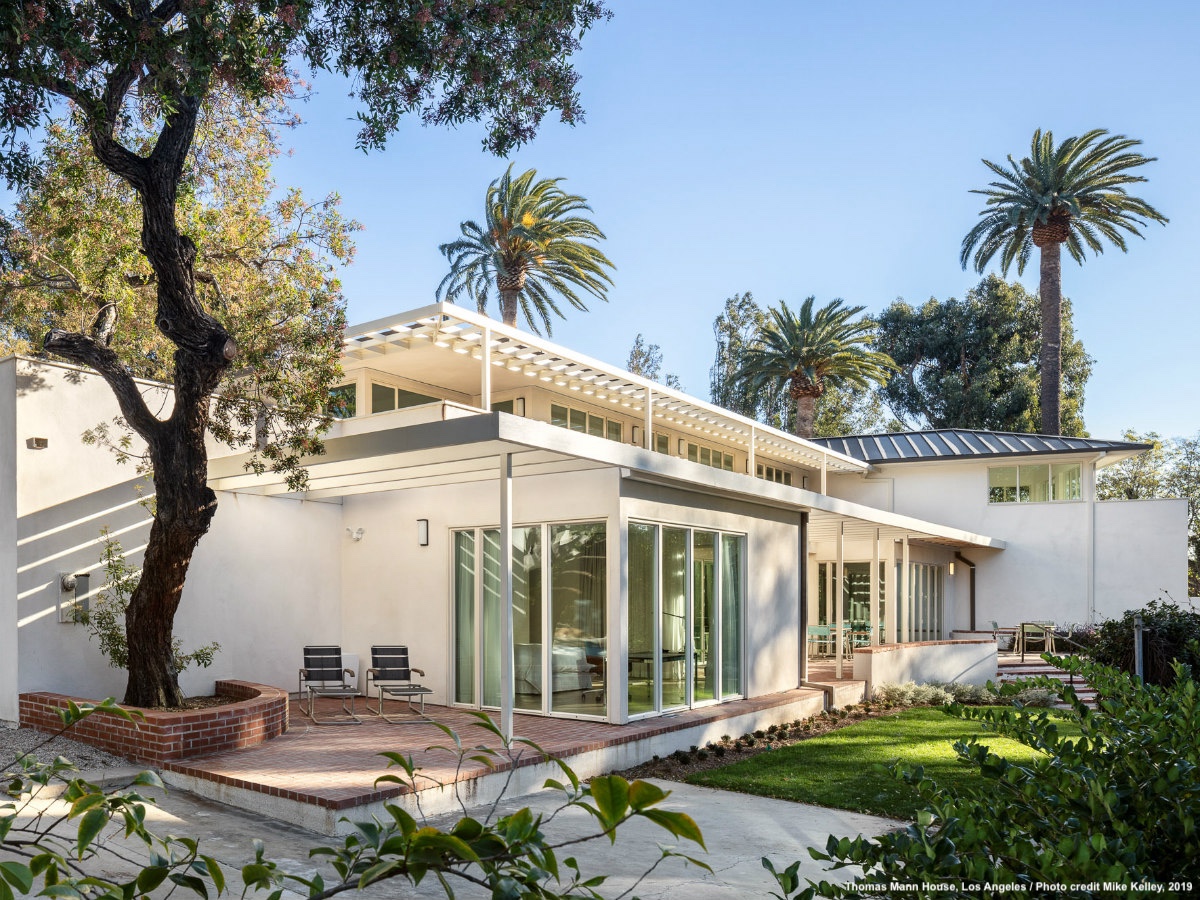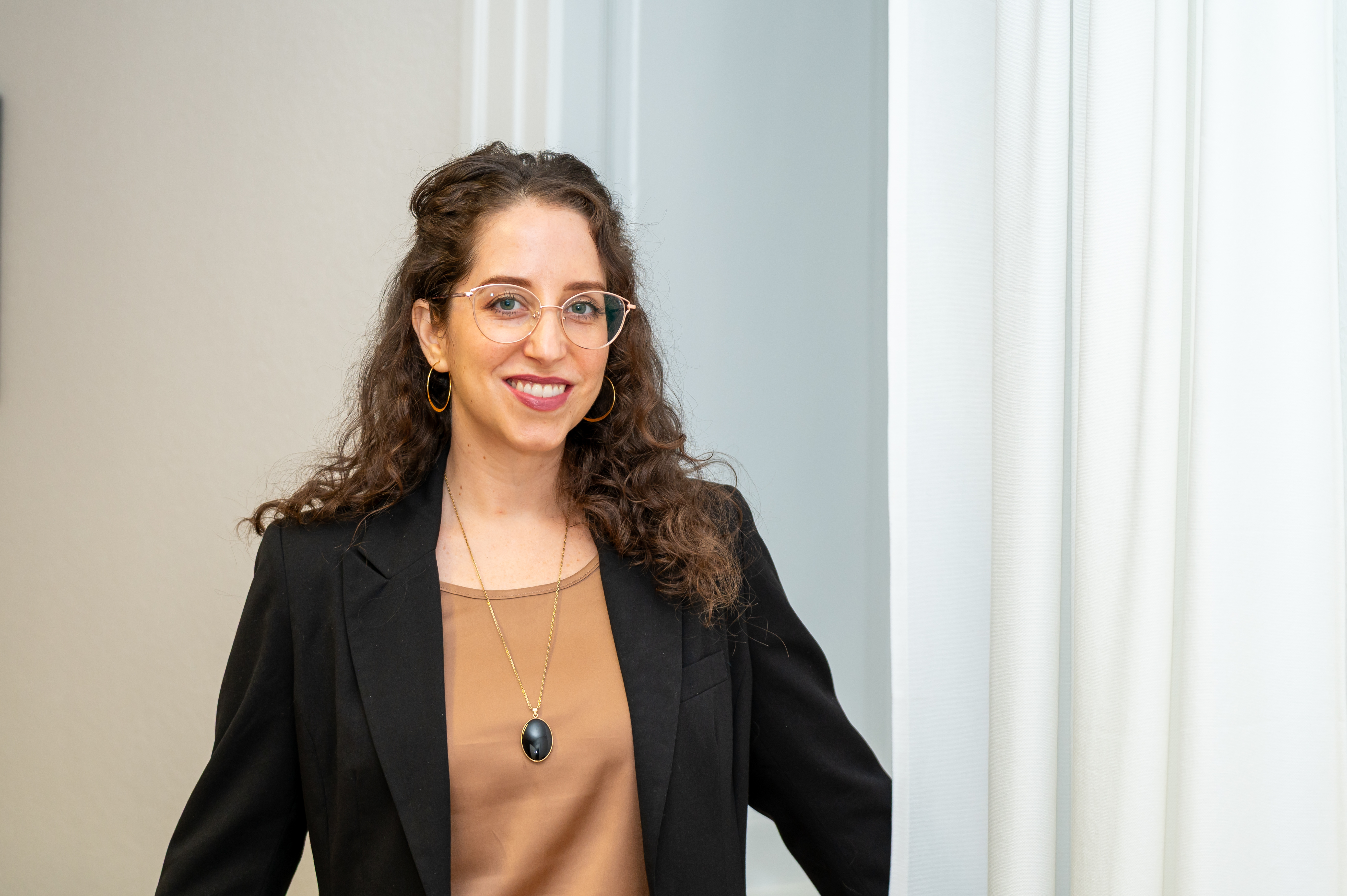Demystifying open data. Citizens-created science for change
To embrace sustainability, cities ably need to reduce the social divide between the public and science by building data literacy and democratizing the use of open data.

Locations of bicycle parking racks, air quality, walkability. In the digital era, all these urban experiences have become relevant datasets capable of being unpacked and questioned. Recent open data movements are viewed as creative and innovative means to make sense of our built environments, building data literacy to consider tens of thousands of observations with much greater ease. The public debate around Covid-19 has advanced the importance of citizen science, involving ordinary people in community-driven data collection and scientific research to provide more transparency of how our daily urban lives impact the ecosystem.
In 2008 Noel Hidalgo started organizing “meetups” to discuss open government in New York City. These debates evolved into a grass-roots organization to empower communities to take civic action through civic design, technology, and data. He is the Executive Director of BetaNYC and a fervent advocate to democratize the use of open data to improve the lives of New Yorkers.
BetaNYC designs classes, tools, and community forums on Slack to teach the fundamentals of NYC Open Data, which is every New Yorker’s digital library with valuable insights of how we function in society. In particular, some of BetaNYC’s coursework, Hidalgo explains, has an emphasis on geospatial data, as a lot of real world data is environmental data.
Data literacy for social good
Open data can help us to better understand bike lane and curb infrastructure, map bike rack locations, and provide critical insights on how New Yorkers interested in sustainable transportation have to “re-orient car-based transportation infrastructure.”

As NYC’s Open Data repository continues to grow, so do the opportunities to address climate change and solve key community issues by having a better understanding, for instance, of air and water quality information.
“The climate crisis that we’re in is the existential problem that we have to solve and that we have to address. Otherwise, all the benefits of the well-organized society that we are currently accustomed to will be lost,” explains Hidalgo.
A recent study published in the journal Nature Communications revealed that U.S. cities overall under-reported their greenhouse gas emissions by nearly 20%. The researchers say that rather than being independent of individual city efforts, working on a more comprehensive dataset will require collaboration with city staff, availing of local knowledge and tailored to local needs (e.g., down to the neighborhood/street scale).
Data collection, processing, and modeling can present technical challenges, but given the amount of people living in cities, citizen science could offer an untapped resource to gather insightful information for more accurate assessments and hold cities accountable to their shared goals.
NYC Open Data Week
Last month BetaNYC organized the Open Data Week 2021 in New York City, in collaboration with Data Through Design and the NYC Mayor’s Office of Data Analytics (MODA). This civic-minded open data event series accounted for more than 140 workshops, receptions, data jams, and an exhibition, looking at how to use open data for climate action and a green Covid-19 recovery (view the datasets here), measuring the mobility of NYC streets for routing and walkability, a bike parking scavenger hunt, and looking at “Air Quality Data and Public Health” through a series of lightning talks.

The lightning talks introduced approaches to interpreting air quality data, bringing together local presenters from LES Breathe and The Things Network New York, Inc., with Amsterdam’s Smart Citizens Lab, Open AQ, and Code for South Florida, demonstrating possibilities for far-reaching virtual collaborations, citizen science, and an ever-growing urgency to address climate impact.
With wide research focus, NYC’s Open Data Week also explored everything from affordable housing, emergency responsiveness among NYC’s frontline workers during the pandemic, to CUNY’s Design Your City program, and Data Through Design’s Ground Truth Opening Exhibition contended with “a long-overdue reckoning over ongoing social and racial injustice, and climate chaos at a time of unprecedented upheaval.”
For the thousands of participants in NYC and around the world who took part in these open data events, there was the unique opportunity to network with well-known organizations and scientists volunteering their time, all the while learning more about the nuances of open data, and how we can make a positive difference in our local and global communities. For newcomers, perhaps one of the most challenging aspects is exactly how to get started.
Democratize the use of open data
During NYC’s weeklong festival there was a strong focus on civic technology, sustainability, data, and design, combined with the need to “demystify” open data in order to make public data even more accessible and usable. Open data repositories have arguably been more attractive to those with data science, design, and engineering backgrounds.
NYC’s Open Data Week and its organizers have risen to the challenge of making open data not only welcoming to those with ample experience, but have also dedicated themselves to providing the education and resources to those with less experience who want to become more involved in data analytics, citizen science, and community data collection and research.

“Those who don’t necessarily think of themselves as data people and may not be interested in the data for the data’s sake, may be interested in understanding how it relates to their everyday lives,” explains Zachary Feder, the Open Data Program Manager for MODA.
BetaNYC and MODA’s initiatives stress the importance of data literacy. With the aim for open data for all, NYC Open Data programs have seen outcomes like the NYC Street Tree Map that measures reduction of carbon dioxide and stormwater interception by tending to the city’s urban forests, sewer maps, community resources maps that demarcate food pantries and farmer markets.
NYC’s Open Data Week and its open data repository encourage citizen science and community involvement in various ways, utilizing STEAM education to address environmental and social sustainability and helping to expand community-based scientific inquiry. Ultimately, open data is for everybody, and has varied and creative uses. As described by Hidalgo, “There are a bunch of classes out there that are oriented around data discovery. So, come hang out and we’ll walk you through that process to help you get started.”
To get involved in civic technology use, explore the thousands of open datasets on NYC Open Data, attend and participate in NYC Open Data Week 2022, take a free open data class, or consider becoming a volunteer Open Data Ambassador by sending the program team a note. A special thanks to BetaNYC and the NYC Mayor’s Office of Data Analytics (MODA) for participating in this article.
Posted in
.png)





.jpg)
